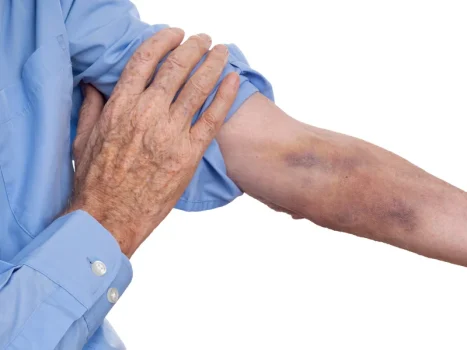
Instead, you may need to engage in a dialogue with them over time. This may involve attending family therapy or individual therapy. You will need to demonstrate that you are committed to rebuilding trust and repairing your relationship with them.
Apologies vs. Amends
Some of these same things can happen to the other person in the process. They may find resolution and understanding about the past. Or, they may gain greater insights about addiction and commit to being a more supportive person in your recovery.
What is making amends in addiction recovery?
- Perhaps it is something you said or did while they were ill.
- We’ve had a spiritual awakening, and we suddenly want to fit as much as possible into each day—and we want to quickly repair all the harm we caused during active addiction.
- It’s hard to find the right response to someone making amends.
- So much so, in fact, that there are two steps dedicated to it.
In addition to apologizing and asking for their forgiveness regarding the incident in question, you might offer to repay them in full for the money you stole. We believe everyone deserves access to accurate, unbiased information about mental health and addiction. That’s why we have a comprehensive set of treatment providers and don’t charge for inclusion. We do not and have never accepted fees for referring someone to a particular center. Providers who advertise with us must be verified by our Research Team and we clearly mark their status as advertisers.
Making Amends in Addiction Recovery
- Making amends is one of the most important parts of 12 step programs.
- They miss the opportunity to be truly reflective about how your wrongdoings have impacted the other person and can be misread.
- We can also make a living amends by changing the behaviors that hurt or harmed them, and we can let go of the all-consuming guilt that would only tempt us to use again.
- An apology doesn’t include an action that attempts to make up or compensate for that wrongdoing.
- Someone telling you not to feel guilty rarely cures guilt.
Over time, as you strengthen and deepen your recovery from addiction, you will undoubtedly revisit Steps 8 and 9 many times. Eventually you will find you are making amends day by day through the positive actions you routinely take in living by Twelve Step principles. Another example is a substance or alcohol-addicted adult child who regularly steals money, jewelry, and other valuable items from their elderly parent’s home. However, they may suddenly feel guilty and decide to change their ways. They can make a living amend to change their lifestyle, get sober, and stop stealing from their parent. As Kessler describes, this woman may decide that her way of making amends is to always answer the phone when someone she loves calls after a fight.

What about the relationships we ruined, the emotional wreckage we created? Sometimes direct amends are not possible, and this is where living amends come into play. Making amends requires the individual to correct their mistake. This action can demonstrate the person’s new way of life in recovery. It goes beyond simply apologizing to taking steps to right a wrong.


When Should You Approach a Person to Make Amends?
Learn More at Living Amends
